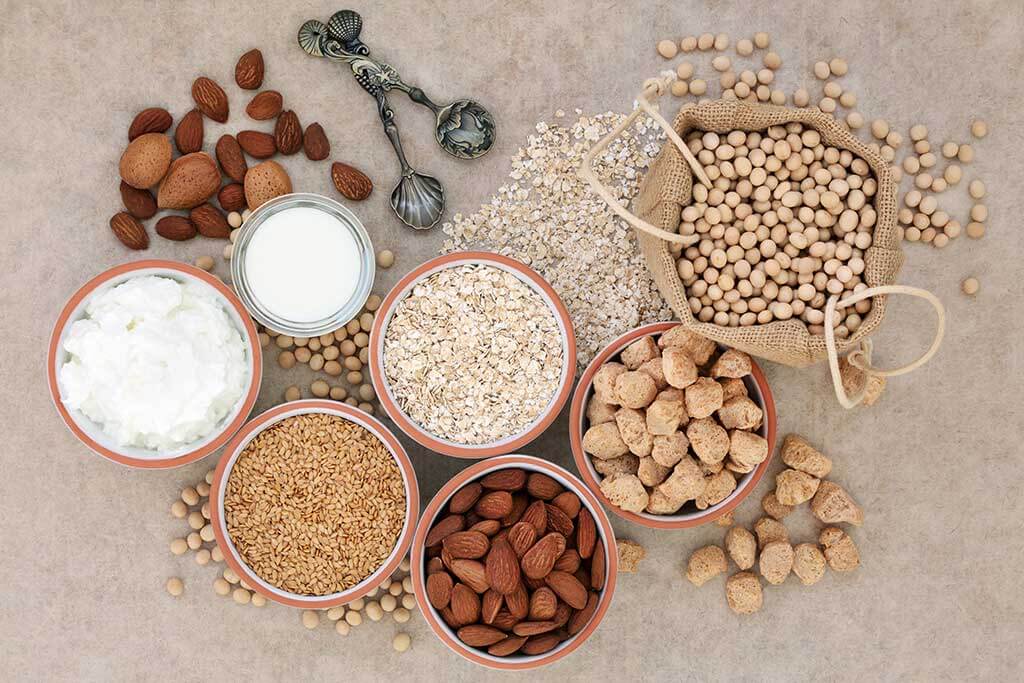Our bodies begin to transform as we age, including our capacity to digest food. A multitude of age-related variables, such as inactivity, the drugs you take, and even tooth cavities and dental problems, might be affecting your ability to eat and digest well. Here are some tips for better digestive health and to help keep your digestive system on track as you become older.
Drink Up
If you’re worried about water diluting your digestive juices or interfering with digestion, don’t be. Drinking water before, during, and after a meal can help with digestion. Water is necessary for optimal health because it aids in the digestion of meals so that nutrients may be swiftly absorbed.
Get Active
Daily exercise is one of the greatest routines for good digestion. Walking, kayaking, and dancing are all good aerobic workouts to do regularly. By boosting your blood flow, aerobic exercise can help you avoid heart disease and hypertension. Aerobic exercises also improve digestion and help to keep blood vessels in good form.
Lessen Stress
Our duties and life stress might increase as we become older. Excessive stress can raise stomach acid levels, causing reflux and irritation. Though ulcers and irritable bowel illness are not caused by stress, they can exacerbate these conditions. Regular physical activity and relaxation practices such as mindfulness meditation are the most effective strategies to relieve stress.
Chew Thoroughly
Digestion begins in the mouth, thus emphasizing the need to chew completely. Chewing breaks down huge chunks of food into more manageable portions that are easier to digest. When you chew, your salivary glands generate digestive enzymes, which help the digestion process once the food reaches the stomach. When eating, focusing on chewing thoroughly allows you to sync with fullness sensations, reducing the risk of excess weight gain through overeating.
Avoid Smoking and Excessive Alcohol
Many common digestive tract ailments, such as heartburn, various liver diseases, and gastroesophageal reflux disease (GERD) are linked to smoking. Smoking raises your chances of getting gallstones, colon polyps, and pancreatitis. Also, a single bout of binge drinking can harm the stomach’s membranes, causing inflammation and ulceration. Beverages with more than 15% alcohol content might prompt stomach emptying to be delayed, resulting in bacterial formation and abdominal pain.
Eat the Right Foods and Supplements
Dairy is the source of the most acute gastrointestinal troubles for certain people while gluten might be the problem for others. If you’re not sure which foods are causing problems for you, consider an elimination diet. To accurately uncover the problem, seek medical advice about being tested for food intolerances. In addition, probiotic pills, which contain beneficial bacteria, can assist patients who suffer from persistent constipation. Probiotics can also be found in certain yogurts, tempeh, and kombucha.
Digestive issues may affect everyone, and they can be caused by dehydration, a bad lifestyle, or assorted medications. Your dietary choices have a big impact on how well your digestive system performs. As we get older, our eating habits change and we may not consume a well-balanced diet, which can lead to vitamin deficiencies. To improve your digestive health, use the suggestions listed above.







